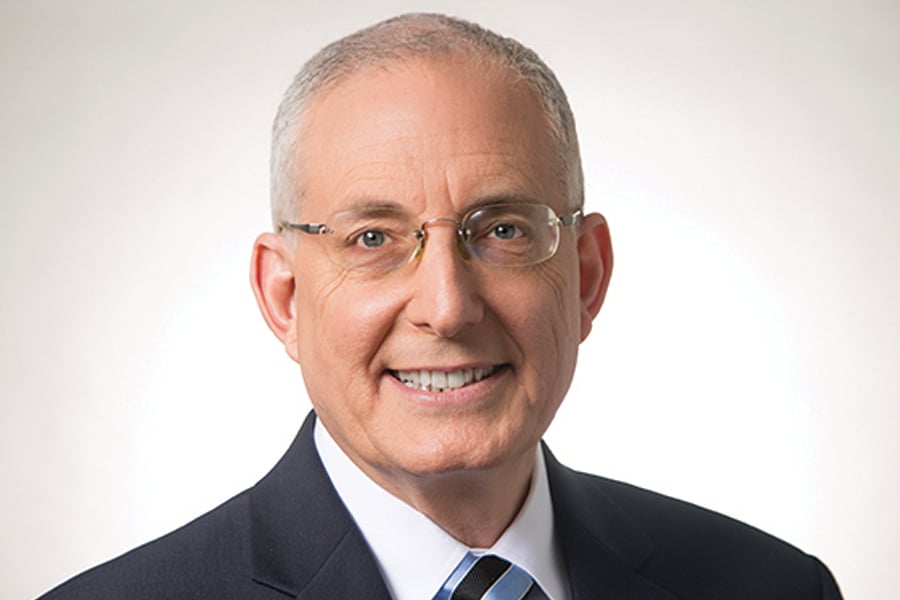

Ed Slott notices an odor wafting from traditional individual retirement accounts. It’s the stench of taxes, and he says time is running out for retirement savers to move their money to a better place.
Changes ushered in by landmark retirement savings legislation known as the SECURE Act have diminished the value of IRAs as a vehicle for passing a nest egg to the next generation, Slott said. The bill set a time limit of 10 years for most beneficiaries to liquidate an inherited IRA.
“IRAs are now an awful, horrible asset to use for wealth transfer and estate planning,” Slott said Monday at the InvestmentNews Retirement Income Summit in Chicago. “They stink.”
It’s not just the new time limit that undermines IRAs' usefulness for sending money to the next generation. It’s also the fact that when the time comes for inheritors to take a required minimum distribution, they will have to pay taxes on the money that has accumulated in the accounts.
The money was put into IRAs on a tax-deferred basis. The government gets its share when the funds are withdrawn.
“An IRA is an IOU to the IRS,” Slott said.
There is urgency around taking money out of IRAs now and putting it elsewhere — like a Roth IRA — despite the tax hit, Slott said. A 2017 tax reform law lowered individual rates, but that provision is set to expire in late 2025, along with several others in the measure.
Divided control of Congress makes any substantial tax legislation difficult to pass. That means that taxes likely will go in one direction — up. Slott said that makes transferring money from an IRA now imperative.
“Get it out at the lowest tax rate,” Slott said. “It’s a bargain now. Taxes are on sale.”
Slott recommended that money withdrawn from traditional IRAs instead be allocated to Roth IRAs, where it can grow until being withdrawn tax-free. Another good landing place is life insurance, where cash also can be withdrawn tax-free. He also recommended using IRA distributions for charitable giving for clients who must take RMDs. Doing so avoids taxes on the withdrawals.
Slott said all of those options have a better “aroma” than a traditional IRA.
Clients don’t necessarily consider that passing an IRA down to their children and other beneficiaries can saddle them with a big tax burden. They also can be hammered by taxes in their lifetime when RMDs give them a high income even though they’re not working.
Advisors have to explain the situation. Slott likened it to Margaret Mitchell starting to write "Gone with the Wind" from the last chapter.
“You have to begin with the end in mind,” he said. “Show them what they’re getting for their money.”

Driven by robust transaction activity amid market turbulence and increased focus on billion-dollar plus targets, Echelon Partners expects another all-time high in 2025.

The looming threat of federal funding cuts to state and local governments has lawmakers weighing a levy that was phased out in 1981.

The fintech firms' new tools and integrations address pain points in overseeing investment lineups, account monitoring, and more.

Canadian stocks are on a roll in 2025 as the country prepares to name a new Prime Minister.

Carson is expanding one of its relationships in Florida while Lido Advisors adds an $870 million practice in Silicon Valley.
RIAs face rising regulatory pressure in 2025. Forward-looking firms are responding with embedded technology, not more paperwork.
As inheritances are set to reshape client portfolios and next-gen heirs demand digital-first experiences, firms are retooling their wealth tech stacks and succession models in real time.
